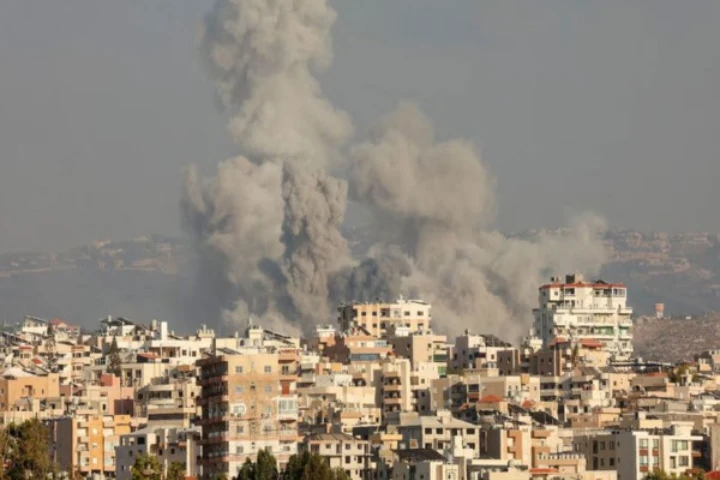Tensions in the Middle East are escalating once again, as multiple reports suggest that Israel is preparing for a potential military strike on Iran’s nuclear facilities. This move is being considered in the event that ongoing negotiations between the United States and Iran over Tehran’s nuclear program fail.
Background: The Breakdown of Nuclear Talks
The revival of the Iran nuclear deal—formally known as the Joint Comprehensive Plan of Action (JCPOA)—has been at the center of US-Iran diplomacy. However, progress has been slow and full of obstacles. Disagreements over uranium enrichment levels, inspection mechanisms, and sanctions relief have all contributed to a fragile negotiating environment.
With no concrete breakthrough in sight, the likelihood of the talks collapsing has increased significantly—prompting Israel to intensify its defense and offensive preparations.
Israel’s Military Preparations
According to US and Israeli intelligence sources, Israel has accelerated military training and stockpiling of advanced weaponry in recent weeks. This includes bunker-buster bombs capable of penetrating heavily fortified underground facilities where Iran is suspected of enriching uranium.
Israeli Prime Minister Benjamin Netanyahu has repeatedly called Iran’s nuclear ambitions an “existential threat” to Israel. His government has approved a budget increase for defense, and joint air force drills have been conducted with scenarios simulating attacks on distant targets—strongly believed to be a reference to Iran.
READ MORE: Crescent Star Insurance Considers Rs. 400 Million Property Acquisition in DHA Karachi
The Role of the United States
While the Biden administration (and now Trump in campaign statements) has expressed a desire to avoid another military conflict in the region, Washington has not ruled out the possibility of supporting Israeli action under certain circumstances. Intelligence assessments reportedly indicate that Israel might act unilaterally if it perceives an imminent threat.
President Donald Trump, in recent public comments, claimed that Israel could lead an attack on Iran if no deal is reached. Although the former president is no longer in office, his remarks reflect the concerns shared by many US policymakers and defense analysts.
Iran’s Response: A Warning of Retaliation
Iran, on the other hand, has issued stern warnings. Foreign Minister Abbas Araghchi recently declared that any Israeli strike would provoke an “immediate and devastating” response. Iranian leadership has repeatedly stated that it will not tolerate violations of its sovereignty and would view such an attack as a declaration of war.
Iranian officials also warned that if attacked, they would target not just Israel, but also US bases in the region—highlighting the potential for a broader, more destructive regional war.
A Region on the Edge
Analysts warn that a strike on Iran’s nuclear facilities could set off a chain reaction of conflict across the Middle East, drawing in other nations and non-state actors such as Hezbollah. Oil prices, global supply chains, and international security could all be deeply affected.
Despite the looming threat, diplomatic efforts continue, albeit sluggishly. The international community, including European powers and the United Nations, has called for restraint and renewed dialogue.
Conclusion
As the world watches with bated breath, the possibility of military confrontation between Israel and Iran grows more real with each passing day. The failure of US-Iran negotiations could trigger a crisis far greater than any seen in recent years. For now, peace hangs by a thread—and the next few weeks may determine whether diplomacy can prevail over destruction.




